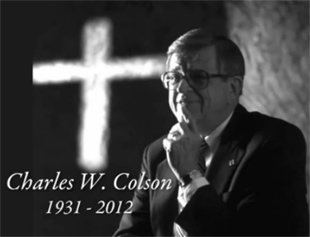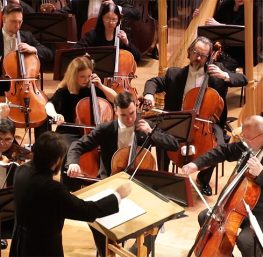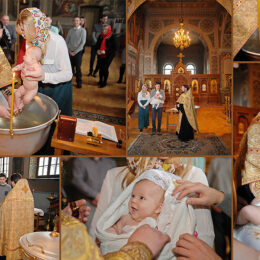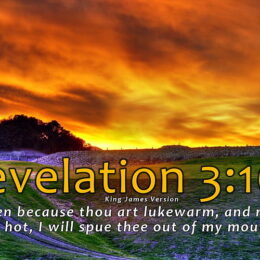 by Fr. Johannes Jacobse –
by Fr. Johannes Jacobse –
Charles Colson died today. He was 80 years old. I first met Colson at a conference at Washington, DC and was struck by his magnanimous character and intelligence. Everyone knows his story. Colson was a ruthless political operative in the Nixon administration, got caught up in the Watergate imbroglio during the Nixon administration and went to jail.
I heard him explain his experience in prison during one of his talks. It was the lowest point in his life where he had lost everything and began to question purpose, decisions, and direction. He was visited by a friend (former Minnesota Governor Al Quie) who shared with him how Jesus Christ came into the world to redeem man. Colson listened, cried out to God for help and, as his life would later prove, God heard him. His repentance was deep and lasting.
Prison opened his eyes not only to God, but the desperate conditions of other prisoners. He founded Prison Fellowship, an organization they helped prisoners while incarcerated, after they got out, and their families. The Russian Orthodox Church called on Prison Fellowship after Communism fell to help them build viable prison ministries in Russia.
Colson’s work grew to incorporate what he called teaching the Christian World View. He saw that decline in culture was moral in nature and that a return to the values and precepts of the Christian faith were the only hope for cultural renewal. This meant that he had to do the work of an evangelist. It also meant that a deep ignorance among Christians about their own history, the history of Western culture, and the viability of the Christian message in a relativist age needed to be addressed. That led to ecumenical outreach, and it was at one of his ecumenical events that I first met Colson.
I attended a conference with Christian leaders (cultural activists mostly) from all types of Christian communions; the first Orthodox priest ever invited to such a gathering. Most of us were not academics but more of what I call “rubber meets the road” types; people used to debate, interaction, dealing with crisis, and so forth. As such, the conference had a very practical, even edgy feel to it at times. All shared the conviction that the Christian faith has a public dimension and that we should not cede the public square to the secularists. Christendom is, well, Christian and no amount of brow-beating, public scorn, the insecurity and impotence of liberal Christianity, or any other malady should stop us from boldly speaking out with intelligence and conviction.
It was there too that I first recognized how much that Orthodoxy has to give the culture. I saw that many Christians of other communions are waiting for us to step to the plate and make our contribution. They welcome us.
Out of that conference came the idea for the Manhattan Declaration, a document asserting that Christians would not forgo the moral mandates of the Christian faith even if the dominant culture or, God forbid, the government demanded that we do. The Declaration was roundly criticized when it was released a year later including in Orthodox circles. However, the recent Obama mandates that attempt to force the Catholic Church to act against its moral teachings show the signers understood the currents of culture better than their critics did.
I spoke with Colson through out the years, most recently last month in Naples where I live. He always had a deep appreciation for Orthodox Christianity and was especially interested in the resurgence of the Church in Russia. The Russian Orthodox Church has shown deep prescience about the Western cultural struggles, much more so than any other foreign patriarchate, and has garnered the notice of the cultural thinkers on the conservative and non-secularist side of the divide.
The late Fr. Richard John Neuhaus said we are more united in the honest expression of our differences than in pretending that no differences exist and he was right. This is what he called a ecumenism of the Holy Spirit. Colson believed that too. He could bring different people together to work in that common and needful commission of restoring the religious and thus moral foundations of culture.
The world has lost a good man. We will miss him. May his memory be eternal.
HT: AOI
“One of the most wonderful things about being a Christian is that I don’t ever get up in the morning and wonder if what I do matters. I live every day to the fullest because I can live it through Christ and I know no matter what I do today, I’m going to do something to advance the Kingdom of God.” — Charles Colson




‘Well done, good and faithful servant; you were faithful over a few things, I will make you ruler over many things. Enter into the joy of your lord.’ (Matthew 25:21)
As one who has worked in the California prison system I can say that Chuck Colson did make a difference in the lives of many inmates. A lot of inmates hide behind Jesus when they are inside, and leave Him when they walk out the doors. But, there are also those who truly find Jesus and they never let go of Him.
I always noted to myself the difference that Colson’s ministry made with the inmates from those ministries that were from a more Charismatic/TBN type background. The Colson ministry was less glam and glitz and more real soul searching. Colson’s group wasn’t as popular as the other groups who came in, but the fruit was more apparent in the lives of the inmates.